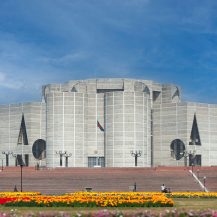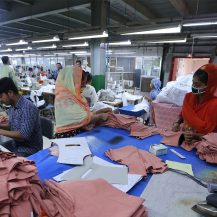Harnessing the Tide: Unlocking the Potential of Bangladesh’s Shipbuilding Sector
By
Introduction
Shipbuilding in Bangladesh has a rich history that dates back to the mediaeval era. Chittagong played a significant role as a hub for constructing ocean-going vessels, as noted by the European traveller Caesar Frederick in the mid-15th century. The shipbuilders of Chittagong are said to have built a complete fleet of war-boats for the Sultan of Turkey in the 17th century. The prominence continued during the Mughal period and British colonial rule, as approximately 25 to 30 ships built in Chittagong were exported annually to various countries at the beginning of the 20th century.
Although the industry eventually lost its rank globally due to various reasons, successive exports of commercial ships at the turn of the millennium provided a surge of optimism for the sector to progress rapidly and reclaim its place as a major export sector. Existing and new shipbuilders invested billions of dollars in order to meet the increasing local demand and seize a significant portion of the global shipbuilding market. The initial excitement surrounding the sector, however, waned rather quickly as it was met with various challenges and obstacles.
Progress of Shipbuilding
Bangladesh emerged as a shipbuilding nation in the early 2000s, initially delivering a few small boats to Mozambique and the Maldives. The significant breakthrough occurred in 2008 when Ananda Shipyard & Slipways Ltd became the first shipbuilder to export sea-going ships from Bangladesh with the successful delivery of the ‘Stella Maris’ to a Danish firm. The availability of cost-effective human resources, simplified import facilities for raw materials, and duty-free market access to potential markets served as incentives for Bangladeshi entrepreneurs to enter the shipbuilding sector rapidly. Subsequently, Bangladesh generated approximately USD 200 million from the export of more than 40 ships to various countries in Europe, Africa, and Asia.





